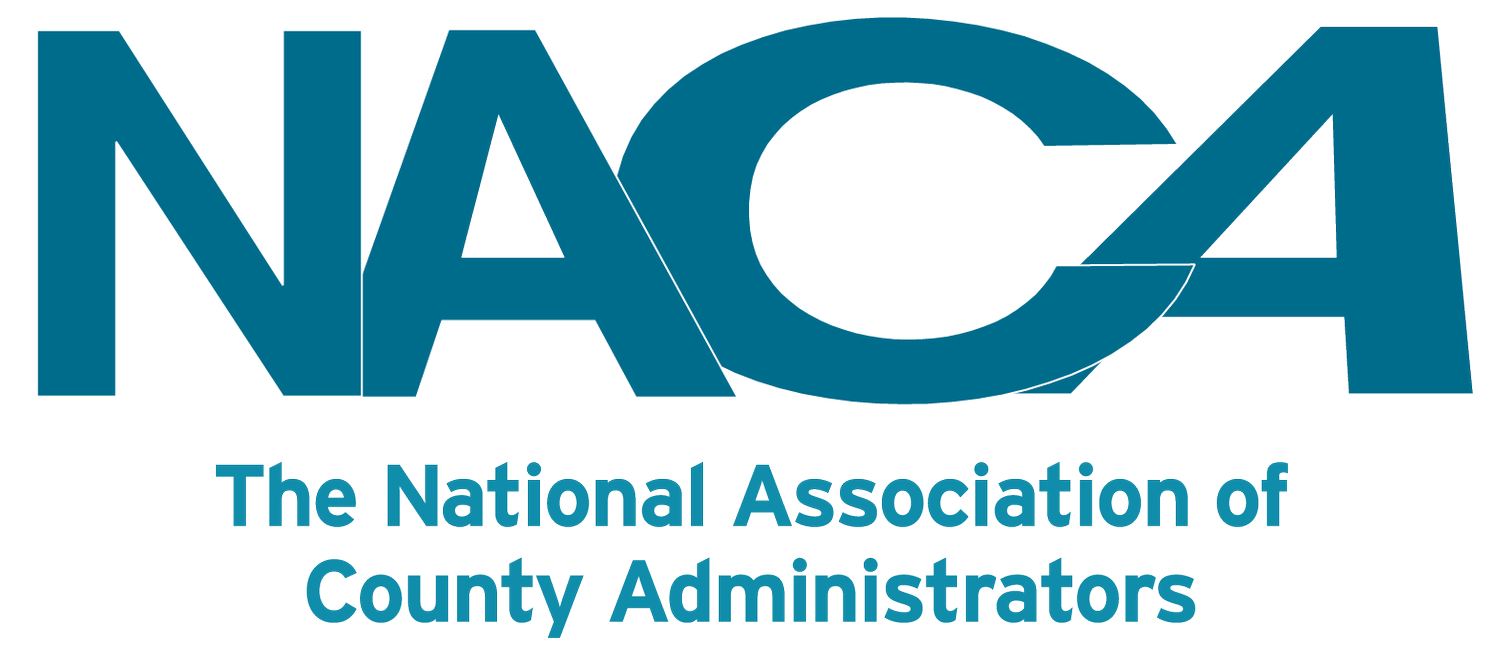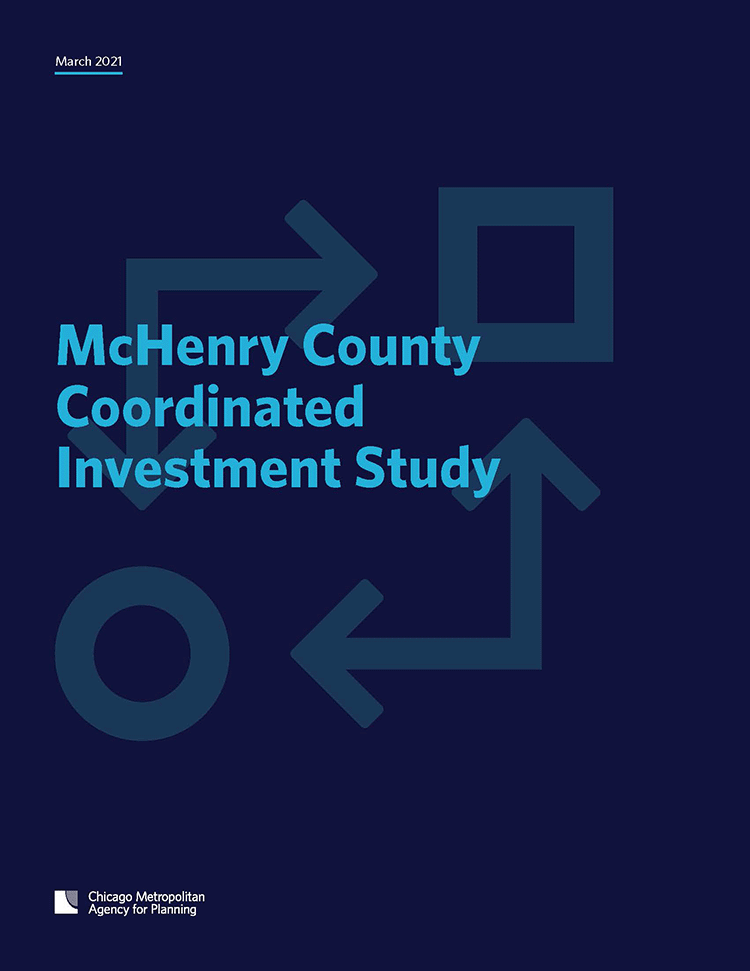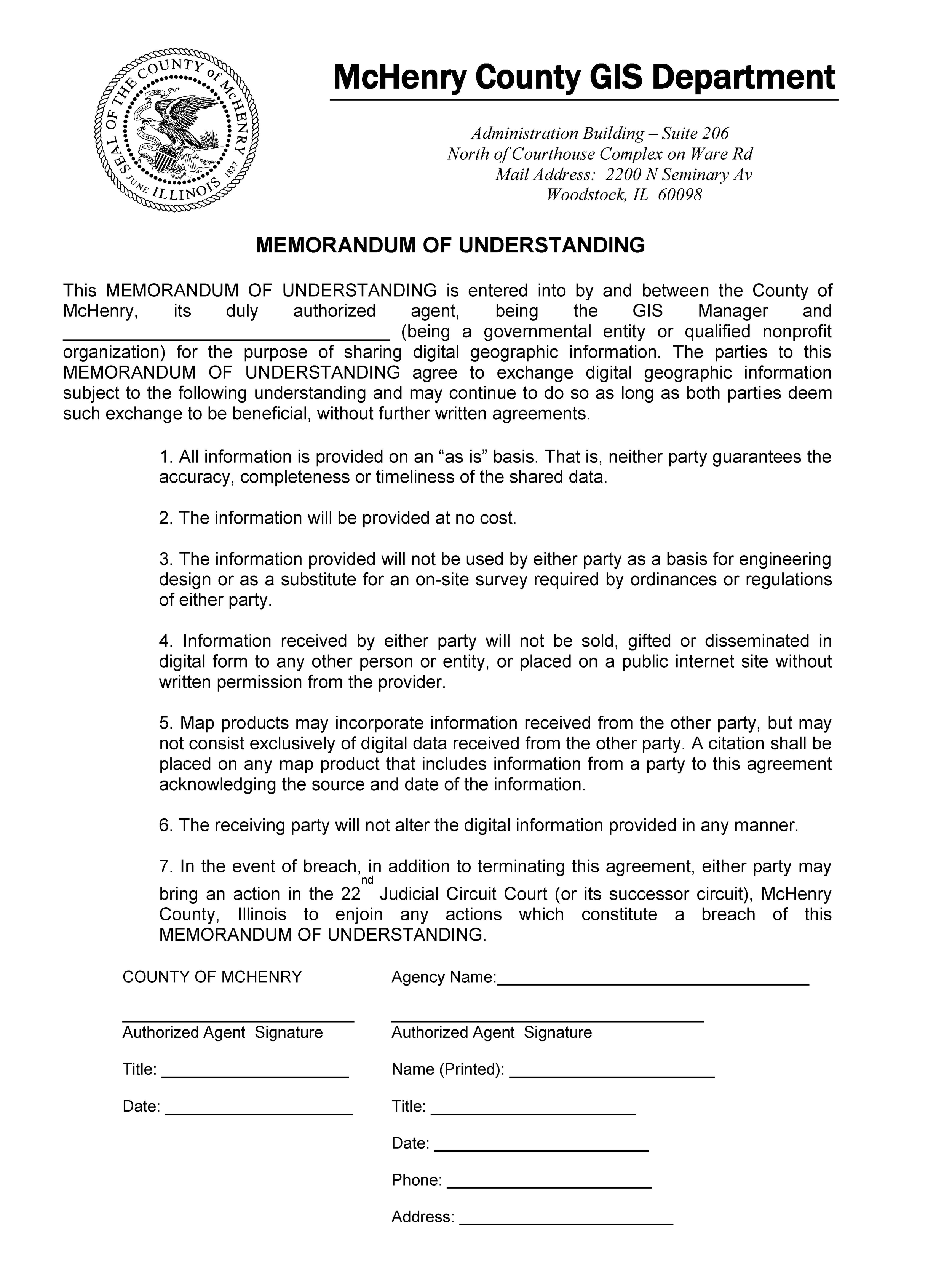Tax Relief Through Shared Services: The County Coordinator Model
McHenry County, Illinois has long struggled to provide its residents with visible tax relief despite years of levy reductions. With little opportunities for efficiencies without service reductions, McHenry County has turned to its County Coordinator to facilitate collaboration across more than 100 taxing bodies in its jurisdiction and encourage shared services opportunities that limit property tax increases.
Savings through Shared Services
As of January 2025, more than 8,000 taxing districts serve residents and charge taxes in the State of Illinois. As the sixth most populous county in Illinois, McHenry County is one of more than 100 taxing bodies within its borders. County Board Members have consistently refused to “tax to the max” and in many years have reduced their property tax levies to provide tax relief for residents. This relief, however, goes unrealized as the levy increases of other jurisdictions swallow the county’s levy reductions and frustrate taxpayers who are confronted with rising tax bills.
To help better understand the services provided by those 100-plus governmental agencies in McHenry County, County Administration applied for regional assistance from the Chicago Metropolitan Agency for Planning (CMAP), the state-authorized regional planning agency and federally designated metropolitan planning organization (MPO). The assistance came in the form of the local technical assistance grant, funding to pay for the time, research, and facilitation of regional planners who would gather data and provide recommendations to the county and its stakeholders to achieve efficiencies. Launched in the spring of 2019, 113 staff members across 43 different government bodies met for two years, including during the COVID-19 pandemic, to provide context to the data they provided, to identify gaps in services, and to explore areas where future shared services might be welcomed and financially beneficial.
The Coordinated Investment Study concluded after 1,750 hours of labor from CMAP’s planners, analysts, and interns and produced seven major recommendations for McHenry County (see list of major recommendations inset).
The County Administrator, recognizing the trust the community placed in the McHenry County Council of Governments’ Executive Director, appointed Chalen Daigle as the County Coordinator in late 2020. Since then, the County Coordinator has taken responsibility for implementing the recommendations of the Coordinated Investment Study and has facilitated many county-wide projects, including the Police Social Work Program, the McHenry County Municipal Partnering Initiative, the GIS Consortium, and shared grant assistance.
Police Social Work Program
In the wake of the pandemic and justice reform in Illinois, it became increasingly clear that there were new needs in the community – needs for de-escalation, and assistance with mental health-related calls and addiction – that did not always necessitate law enforcement involvement.
Since 2018, the McHenry County Sheriff’s Office has employed police social workers to great effect. But many of the municipal communities could not afford the salary of a highly trained police social worker, and did not have the call volume to justify the expense.
While the Sheriff’s Office reached out to local police chiefs, the County Coordinator was the trusted voice that brought together mayors and local elected officials to better understand the benefits and cost savings of shared police social work program. The County Coordinator also helped breach an additional funding hurdle by bringing in the McHenry County Mental Health Board to help fund the program.
Today, thanks in part to the efforts of the County Coordinator, the McHenry County Police Social Work Program spans 18 law enforcement agencies from municipalities, McHenry County College, the McHenry County Conservation District, and the Sheriff’s Office. About 73 percent of participants demonstrate higher functioning, and at least 70 percent of clients had fewer police contacts after police social work involvement.
For more Program, please see CMAP’s article: McHenry County shared services initiative leads to countywide social workers (March 2022).
McHenry County Municipal Partnering Initiative
The County Coordinator also ensures municipalities and even township representatives meet every other month to learn about collective procurement opportunities and cost savings through the McHenry County Municipal Partnering Initiative (MCMPI). Every year, the County Coordinator updates lists of collaboration opportunities, from pavement and landscaping projects to bulk rock salt purchases. The profitability of these shared initiatives has expanded the initiative from McHenry County and its municipal partners to neighboring county divisions of transportation.
These formalized GIS services agreements now serve as a blueprint for other municipalities should they choose to leverage McHenry County resources.
GIS Consortium
The County Coordinator also formalized the sharing of geographic information system (GIS) services with two local municipalities, expanded the scope of services and developed a funding stream for the county in the process. Prior to the County Coordinator’s involvement, the county’s GIS Department would occasionally assist the City of Woodstock and the Village of Wonder Lake with sporadic mapping projects. McHenry County received no compensation for these services. The County Coordinator encouraged the development of a formal process as well as the execution of intergovernmental agreements with the municipalities that set fees for the services. GIS now regularly serves these municipalities and has established a revenue stream to offset the services not performed for the county. The fees are also a cost savings for the municipalities when compared to hiring a staff person. These agreements now serve as a blueprint for other municipalities should they choose to leverage county resources, and in the meantime, the City of Woodstock has expanded its request for services and has the county host its mapping data.
Shared Grant Assistance
In addition to staying abreast of the latest grant opportunities through her ties with the McHenry County Council of Governments, the County Coordinator also offers community partners opportunities to leverage McHenry County’s partnership with the Region 1 Planning Council (R1), a special-purpose, regional government agency providing cross-jurisdictional planning across Northern Illinois, to secure grant research, application assistance, and guidance for McHenry County’s municipalities. The County Coordinator portions McHenry County’s grant hours to communities in search of additional funding to ensure the best outcomes for all communities. So far, they have facilitated collaboration between several municipalities and the R1 Planning Group for dozens of grant opportunities, and the grant assistance has helped secure $3 million for a McHenry County municipal partner.
A Model for Collaboration and Efficiency
To date the County Coordinator is in regular contact with all twenty-seven McHenry County municipalities, numerous Townships, the McHenry County Conservation District, McHenry County College, and school districts, in addition to jurisdictions outside of McHenry County. Her work has facilitated numerous shared programs with more to come enhancing outcomes and saving taxpayer dollars. The County Coordinator program is a model that many counties and jurisdictions have expressed interest in replicating. The program was featured at the ICMA Annual Conference and the Illinois Municipal League Annual Conference, further showcasing the successful collaboration.
To learn more about the County Coordinator and McHenry County’s shared services initiatives, visit the County’s Local Government Collaboration webpage.
Written by: Peter Austin, McHenry County Administrator



